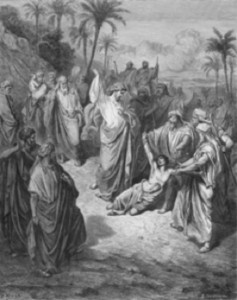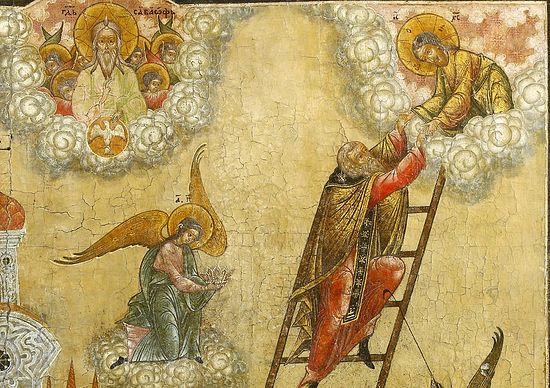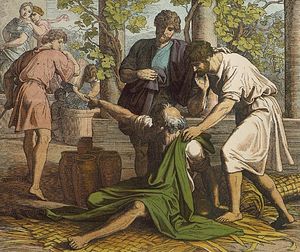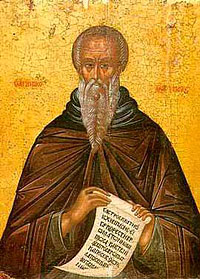Dean of the Theological School Aristotle University of Thessaloniki Miltiadis Konstantinou
The Gospel for the fourth Sunday in Lent, Mark 9, 17-31), presents Jesus as coming face to face with an ancient problem which affects the whole of humanity: the ability of people to overcome evil. For as long as there have been people on earth, evil in its thousand and one forms- poverty, hunger, wars, refugee crises, sicknesses and death- has held sway over their lives, suffocated their hopes and, often enough, driven them to despair. Philosophers, economists, politicians, scientists, religious leaders and even soothsayers have, for centuries, struggled against it on a daily basis. Sometimes more successfully, at other times less so, the human race has managed to make some progress towards the improvement of the quality of life, but, like the Hydra in ancient mythology, evil itself has remained invincible.







